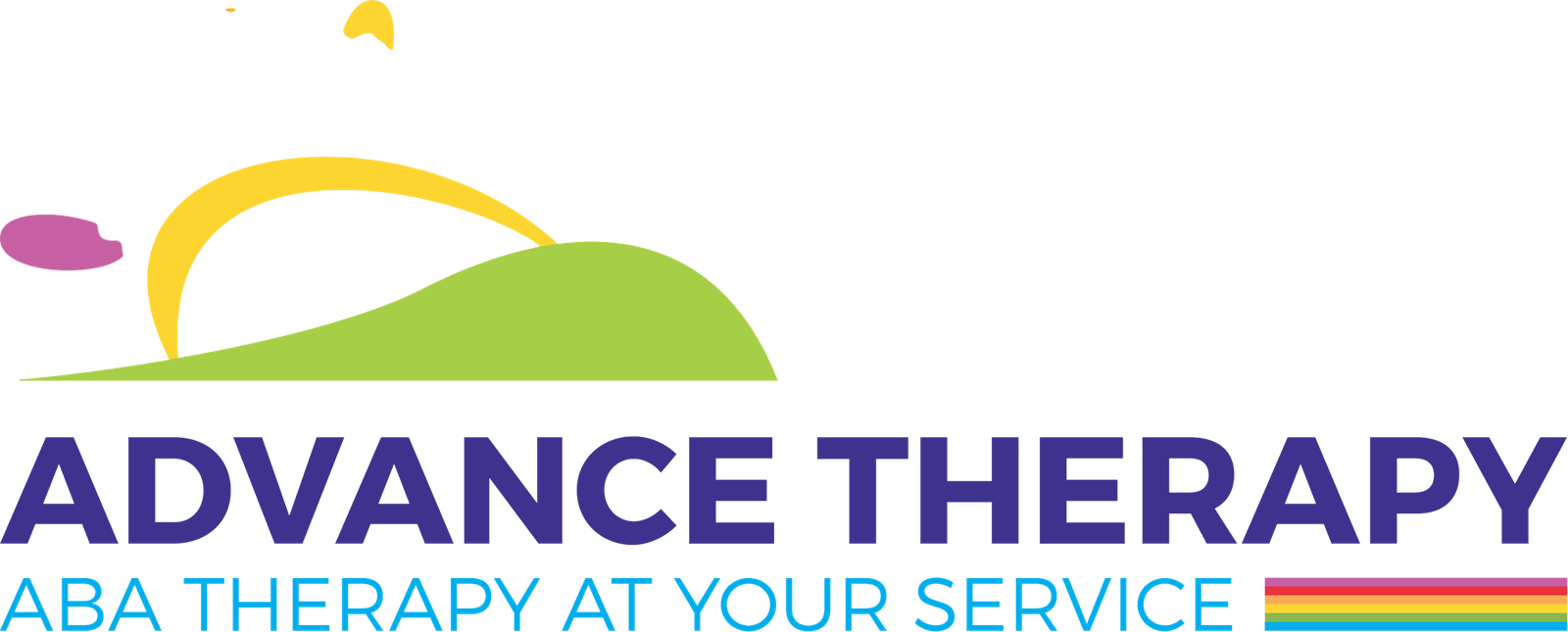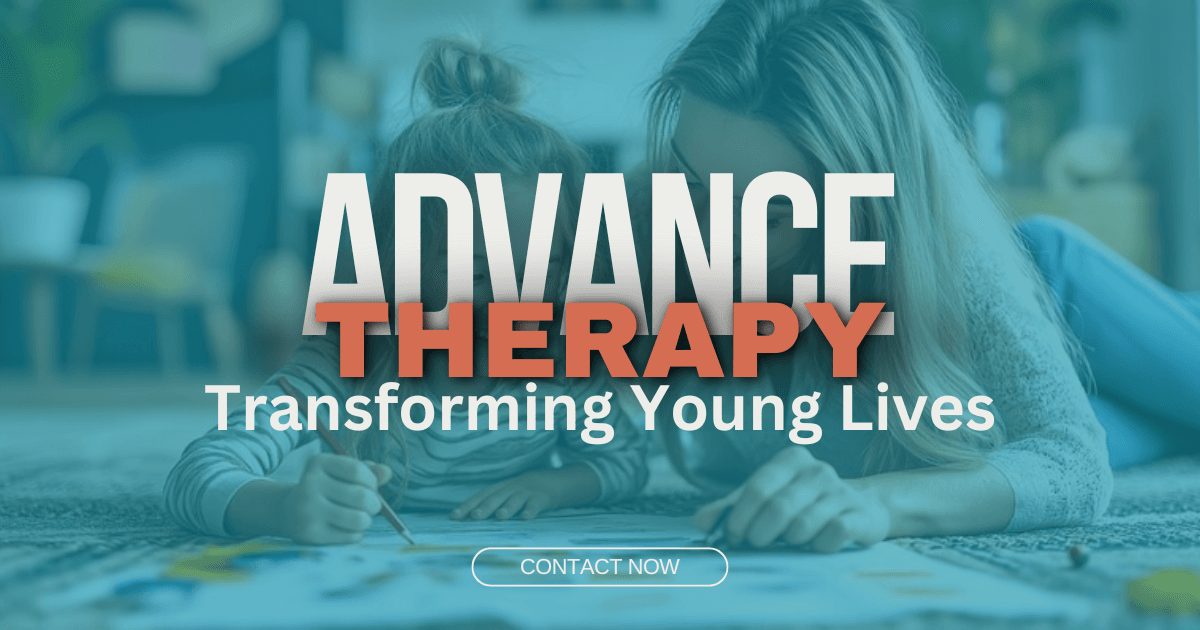aba family, aba therapy for parents, aba parent training kitchener, boost behavioral services, aba techniques for parents
Enhancing Family Involvement in ABA Therapy
Family involvement is crucial in the success of ABA therapy for children with autism. By actively participating in their child's therapy, families can reinforce learning and create a supportive environment that extends beyond therapy sessions.
Research shows that when families engage in the therapeutic process, children demonstrate improved outcomes in social skills, communication, and adaptive behaviors. This partnership not only empowers children but also strengthens family bonds as they work together toward common goals.
Understanding ABA Therapy: A Family Perspective
ABA therapy, or Applied Behavior Analysis, is a scientifically validated approach that focuses on improving specific behaviors in children with autism. Understanding the principles of ABA can help families feel more confident and equipped to support their child's development.
Families can benefit from learning about the techniques used in ABA, such as reinforcement and prompting. This knowledge enables them to better assist their children in applying these skills in everyday situations, ultimately leading to greater success in therapy.
Building a Support Network for Families
Establishing a support network is essential for families navigating the challenges of ABA therapy. Connecting with other families facing similar experiences can provide emotional support, practical advice, and shared resources.
Support groups, both in-person and online, create spaces for parents and caregivers to exchange tips, celebrate successes, and discuss challenges. Additionally, these networks can offer valuable insights into local resources and services that can further assist families on their journey.
Measuring Progress in ABA Therapy
Tracking progress in ABA therapy is vital for understanding your child's development and adjusting strategies as needed. Regular assessments and updates from your therapy team can help families stay informed about their child's achievements and areas for improvement.
Utilizing tools like progress charts and goal-setting frameworks can empower families to visualize their child's growth. This not only fosters motivation but also facilitates meaningful discussions with therapists about the next steps in the therapeutic process.




